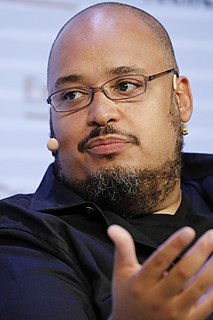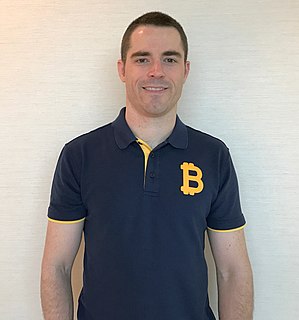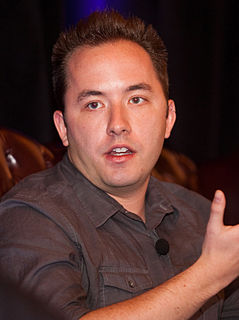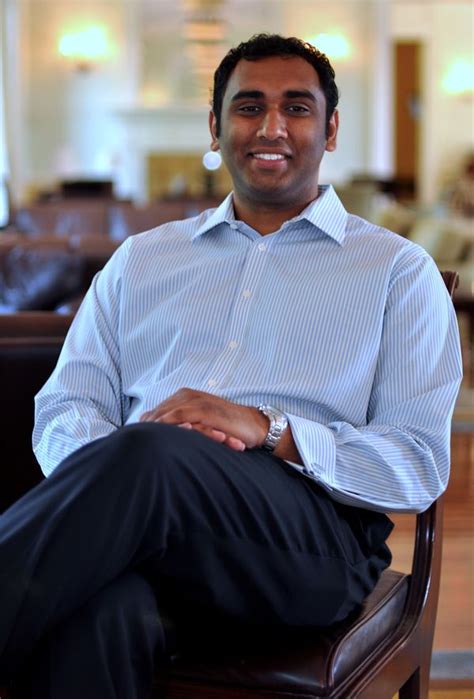A Quote by Yuri Milner
I have this ratio that if you divide age of entrepreneur by market cap of company. For Facebook it's one. Every year of his life Zuckerberg has been making $1 billion for investors.
Related Quotes
Facebook already has a large political ad sales and operations team that manages ad accounts for large campaigns. Zuckerberg hinted that the company could follow the same 'know your customer' guidelines Wall Street banks routinely employ to combat money laundering, logging each and every candidate and super PAC that advertises on Facebook.
"(Big name research firm) says our market will be $50 billion in 2010." Every entrepreneur has a few slides about how the market potential for his segment is tens of billions. It doesn't matter if the product is bar mitzah planning software or 802.11 chip sets. Venture capitalists don't believe this type of forecast because it's the fifth one of this magnitude that they've heard that day. Entrepreneurs would do themselves a favor by simply removing any reference to market size estimates from consulting firms.
So smile when you read a headline that says "Investors lose as market falls." Edit it in your mind to "Disinvestors lose as market falls-but investors gain." Though writers often forget this truism, there is a buyer for every seller and what hurts one necessarily helps the other. (As they say in golf matches: "Every putt makes someone happy.")

































